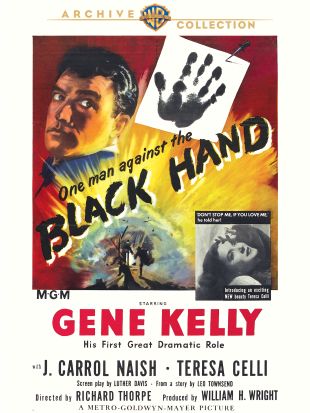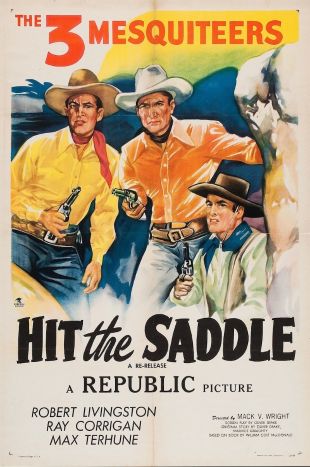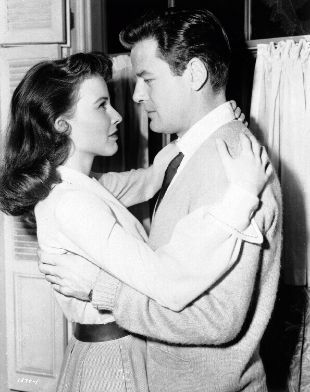Born in New York in 1888, composer Alberto Colombo was the cousin of singer Russ Colombo He was a natural musician, and trained as a cellist and arranger. He played with the Manhattan Opera House orchestra in the early 20th century, and, in the 1920s, served as an arranger for Paul Whiteman. The coming of sound to movies brought Colombo into the film industry through RKO, first as a conductor and music arranger in New York and then in Hollywood, as a composer and music director. He made his credited debut as musical director on the studio's railway-based thriller The Silver Streak (1934), and subsequently served in that capacity on A Dog of Flanders (1935) and The Seven Keys to Baldpate (1935), among many other titles, while his music appeared in such productions as Anne of Green Gables (1934). Colombo joined Republic Pictures in 1936 and spent the next seven years there. The following year, he had the unusual distinction -- for someone at Republic, a "B" studio whose employees had few Academy Award aspirations -- of receiving an Oscar nomination for his work on Portia on Trial (1937). His music also turned up in such serials as The Fighting Devil Dogs (arguably the best serial that Republic ever released) and Dick Tracy Returns, and he wrote songs and incidental music on B-Western adventure stories such as Zorro Rides Again.
Colombo, who was sometimes credited as Al Colombo or Albert Colombo, later moved to MGM, where he got to work on such movies as the fantasy-drama A Guy Named Joe (1944), the period crime thriller The Black Hand (1950), the World War II drama Go for Broke! (1951), and wrote one song used in The Sundowners (1950). He was also involved in scoring John Ford's They Were Expendable, though he received no credit on that movie. His work at Republic, coupled with that studio's policy of re-using stock music and tracking previously written scores into new movies and re-edited serials, meant that Colombo's music appeared in many dozens of movies for which he never received credit. His music was also heavily used in the background score of episodes of The Lone Ranger television series when it went on the air in 1949. Late on the night of March 23, 1954, Colombo was found dead in his car, a victim of a severe beating and a fatal blow to the head. The case was never solved.


